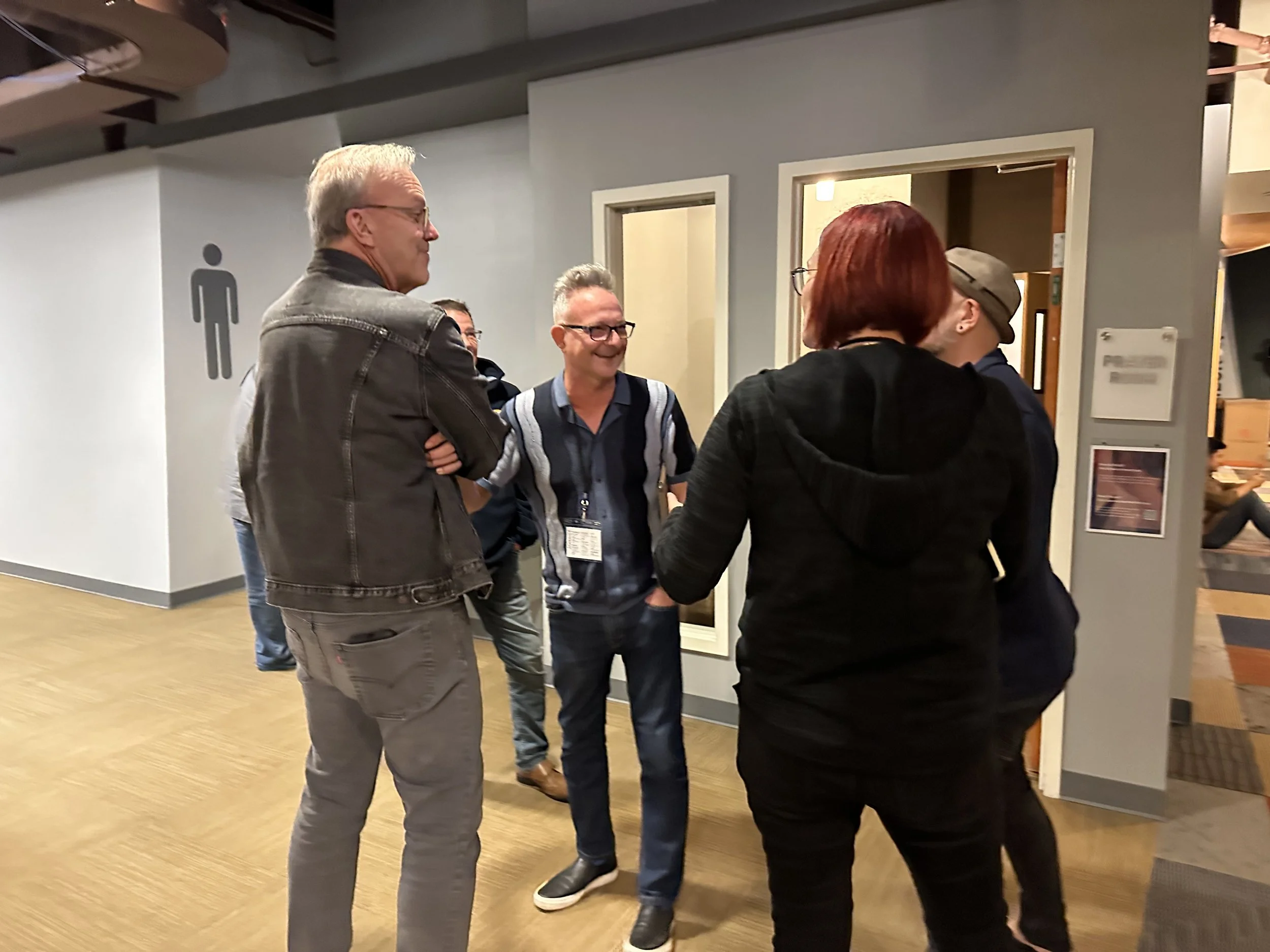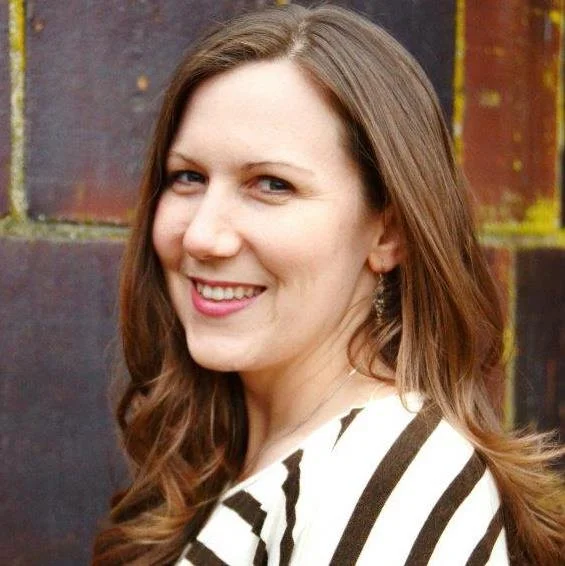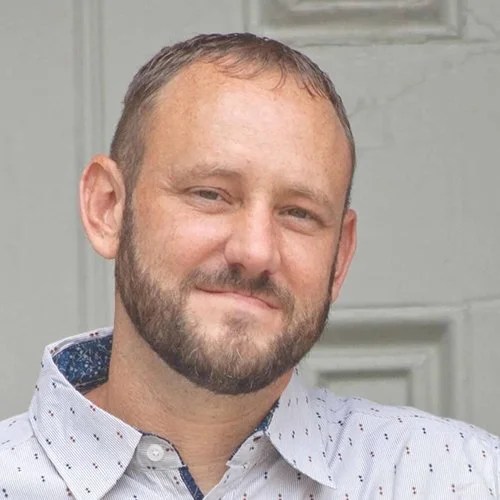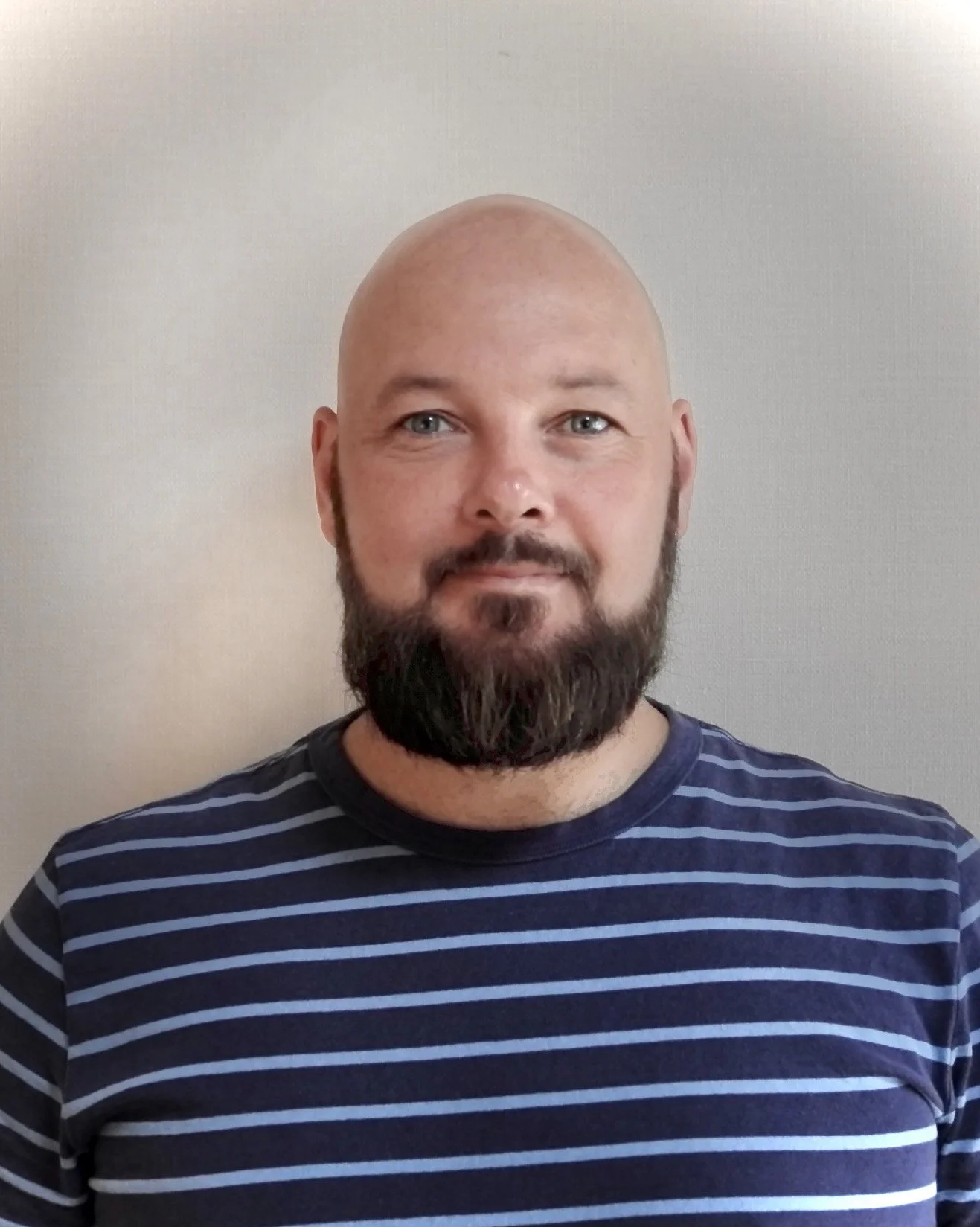About The V3 Movement
WHO WE ARE
Our Story:
The church is in a major season of upheaval.
Sunday-centric, sermon-focused, program-driven approaches are increasingly becoming irrelevant in Post-Christianity. We need new but rooted ways of being the church.
In 2013, JR Woodward, after 20 years of planting missional churches in Virginia and LA, sensed God inviting him to equip the future of church planters into movemental practices. The GA (the General Association of Virginia) was looking to contribute to a fresh ecumenical kingdom-movement. A deep partnership was formed called The V3 Movement.
A team was assembled to build training that would take dreamers and doers through a journey to plant multiplying mid-sized communities. Over 10 years later the V3 Movement has trained over 1000 planters, built a family of coaches, and launched a national gathering. In 2017, Dan White Jr. and JR Woodward crystallized their training in The Church as Movement (InterVarsity Press). The training has moved beyond the American church and has gone international as leaders are looking to move beyond the Church as an Industrial Complex into the Church as a Movement.
OUR TEAM
JR Woodward
National Director
Jessie Cruickshank
Movement Leader (Executive)
Dan White, Jr.
Movement Leader
Emmanuel Mustapha
Director - V3 Africa
Aaron Thomas
Recruiting & Enrollment Manager
Felix Banson
Operations Manager - V3 Africa
Matt Alexander
Community Developer
Taeler Morgan
Coach
Jeffrey Riggs
Awareness Coordinator
Emii Philips-Kim
Executive Administrator
Scott Austin
Coach
Mike Pumphrey
Coach
Cesar Sotomayor
Apprentice Coach
Tonya Variya
Webinar Coordinator
Jonathan Gibson
Apprentice Coach
Asaph Jeka
Coach - V3 Africa
JP Koch
Coach - Japan
Loise W Wangechi
Coach - V3 Africa
Craig Barber
Apprentice Coach
Sueyoshi Minori
Apprentice Coach - Japan
WHAT WE EMBRACE
Three V’s
The V3 in our logo stands for Vision, Voice, and Viral which represents: discovering a hopeful vision for the in-breaking Kingdom of God in our local places, learning our unique voice within the 5-Fold ministry of Jesus, and developing practices for being a viral, movemental church.
Theology and Practice
Theology
Creation is good and beautiful but broken. History is messy and tragic but headed somewhere. God is putting everything back together - renewing, restoring, and reconciling all things.
The gospel is the good news that Jesus, the crucified and risen Messiah, is Lord. This good news is beautiful, radical, expansive, and subversive. God is inviting all of us to submit to His reign and participate in the sharing of this good news in the world.
The kingdom of God is God’s loving, healing, rescuing reign, launched by Jesus on earth as in heaven. We do not wait until we get to heaven to experience this, we get to experience this in part now.
Salvation is God rescuing, judging, and healing all creation. We experience this salvation and enter God’s kingdom by trusting and following Jesus. Then we join God in the renewal of all things.
The church is a concrete, local community following the way of Jesus together. The primary work of the church is the mission of God. This mission draws us out into the world with hospitality towards strangers, foreigners, and even our enemies.
The gifts of the church (Apostle, Prophet, Evangelist, Shepherd, Teacher) are distributed to both men and woman. We believe God needs the whole body working together without favoritism towards one gender over another.
The way of Jesus is the way of love, forgiveness, generosity, peacemaking, and creativity. Jesus does not coerce or control others in his work to change the world. His primary tactic for change is self-emptying love.
The Bible is God’s story and our story, from Israel to the early church to us. The Bible is a God-breathed gift to us. We don’t just read the story or study the story. We live the story. The Bible shows us how to be disciples, on mission, in God's world, in the way of faith, hope, and love.
The future is full of possibilities, promise, and potential. In Jesus, God is throwing a party and everybody is invited. Everybody. We seek to welcome and include everyone, regardless of gender, race, ethnicity, age, education, mental or physical capacity, marital status, or socioeconomic background.
Practice
Life-Forming Discipleship
Rather than starting with a big launch approach to church planting, we must start with discipleship. This discipleship must be a concrete pathway for others to join that shapes them into Communion with the Father, Son, and Spirit, Community with others in shared-life, and Co-mission into their places of witness. Without discipleship we are merely creating an audience of consumers. Discipleship is not an extra curricular activity of the church; it is the engine of the church. It is vital to recover the act and art of disciple-making.Boundary-Crossing Mission
For most people mission is relegated to what missionaries do oversees or merely inviting their friends to church. We must recover the DNA of mission in the early church. Here we uncover the theogentic codes of the Apostle, Prophet, Evangelist, Shepherd and Teacher. We must equip and release everyone of into their neighborhoods and networks to witness to the renewal of all things under the reign of King Jesus. This is a thick work of moving people from a consumer state to a state of contributing to the mission of God.Tight-Knit Community
Community is the container that carries the Good News of the in-breaking Kingdom into our local worlds, yet very few of us have experience with living into shared-life with others, as we typically live very individualistic lives. To understand community we must unpack the raw material of the early church’s social existence. God is gathering a people who, moving beyond their own self-oriented inclinations, recover the work of loving one another around the Table, as Christ has loved us.Locally-Rooted Presence
In Christ, God is local. His passions and plans for people become concrete when they are localized. We must wake up to our neighborhoods and move from haphazardness to intentionality in our presence. Choosing to settle deeply, fending off transience, embracing smallness, might seem archaic, yet the church must model being the people of God in a particular place, with a peculiar love.





















